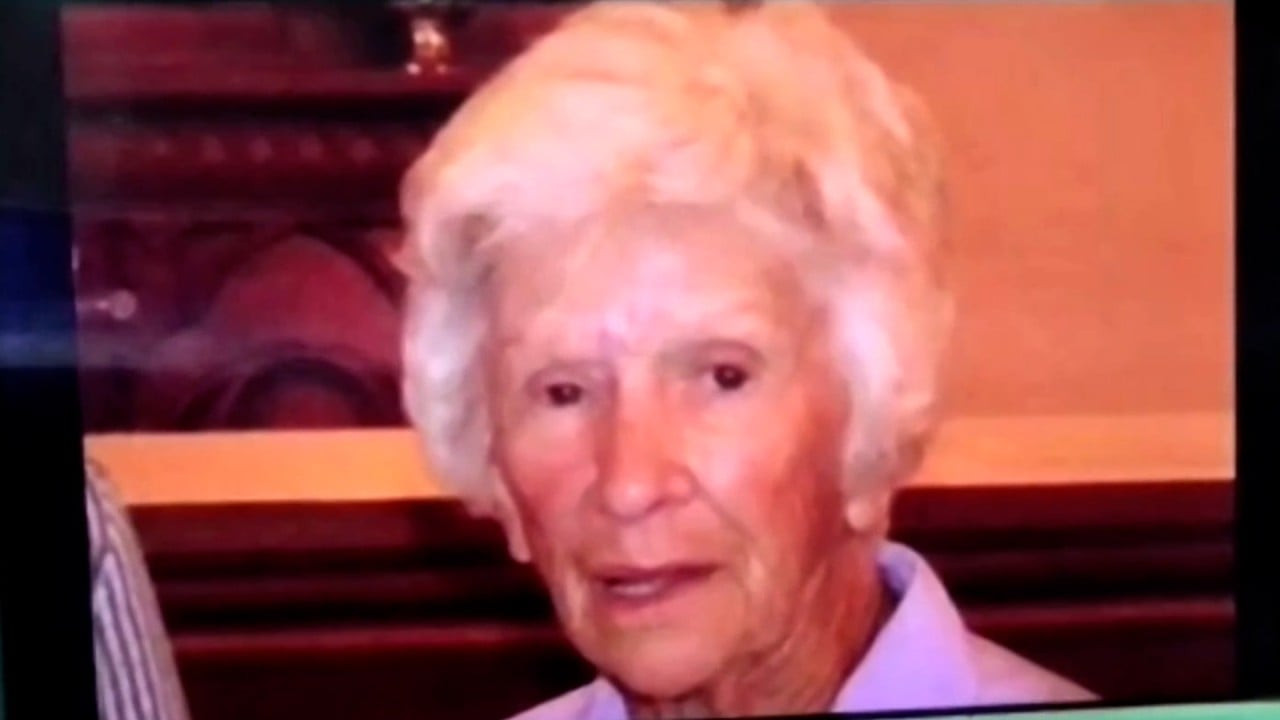Australian Police Officer Found Guilty of Manslaughter After Tasering 95-Year-Old Woman
A New South Wales Supreme Court jury delivered a guilty verdict against Senior Constable Kristian White on Wednesday, finding him responsible for the manslaughter of 95-year-old Clare Nowland. This verdict follows an eight-day trial that captivated the nation and ignited a fierce debate surrounding police use of force, particularly against vulnerable elderly individuals. The incident, which unfolded at Yallambee Lodge, a nursing home in Cooma, on May 17, 2023, has left an indelible mark on the Australian consciousness.
The events leading to Nowland's death began when staff at the nursing home contacted emergency services, seeking assistance with Nowland, who was reportedly wandering the facility with knives. Nowland, who suffered from dementia, had displayed signs of cognitive decline in the months before the incident and had at times behaved aggressively towards carers. While some reports indicated she was carrying two knives, this detail isn't consistent throughout all the sources. She eventually had a single steak knife in her possession when police arrived. The trial heard evidence that she had thrown one knife at a staff member earlier that evening, but that knife fell to the ground.
The Taser Incident and Its Aftermath
Closed-circuit television footage played a crucial role in the trial, vividly depicting the interaction between White and Nowland. The video showed a frail, elderly woman slowly moving with the aid of a walker while holding the knife. Despite repeated requests from White and his partner to drop the knife, Nowland refused to comply. White, after more than a minute of observation, can be heard muttering “nah, bugger it” before discharging his Taser, striking Nowland in the chest. Nowland fell backward, striking her head on the ground, sustaining fatal injuries. She died a week later at the hospital from an inoperable brain bleed.
White's Justification and the Prosecution's Argument
During his testimony, White maintained that he believed a “violent confrontation was imminent,” aligning his actions with standard operating procedures for Taser deployment in New South Wales. He emphasized that he felt he had no other option to ensure a safe resolution to the situation, citing his training that any individual wielding a knife posed a danger. However, the prosecution argued that White's use of force was “utterly unnecessary and obviously excessive,” given Nowland's age, frailty, and limited mobility. They highlighted the fact that officers could have easily moved away from Nowland, emphasizing that there was no imminent threat she posed.
The Jury's Deliberations and the Verdict
The jury deliberated for more than three days before reaching their verdict, finding White guilty of one charge of manslaughter. This decision underscored the court's rejection of White’s claim that his actions were justified under the circumstances. The verdict suggests the jury found that White breached his duty of care to Nowland and used excessive force given her age and vulnerability.
Public Outcry and Aftermath
The case provoked widespread public outrage, raising concerns about the appropriate use of Tasers by law enforcement officers, particularly when dealing with elderly individuals with cognitive impairments. The trial's outcome and the subsequent sentencing will likely have far-reaching implications, impacting police training protocols and procedures for handling similar situations. This case has ignited a robust national conversation about the ethical considerations and potential consequences of deploying Tasers against vulnerable populations, prompting a review of police procedures and use of force policies.
The Nowland Family's Statement and White's Future
Following the verdict, Nowland's family released a statement expressing gratitude to the judge, jury, and prosecutors. They described the jury's confirmation of Clare's death as a criminal and unjustified act, which was a sentiment widely echoed across the country. The family will now seek to heal from their tragic loss and work towards advocating for changes that might prevent similar incidents. White remains on bail, awaiting his sentencing, which is slated to occur later, after the court considers a prosecution request for his detention.
The Verdict’s Impact and Ongoing Discussion
The conviction of Senior Constable Kristian White marks a significant turning point in the ongoing debate on policing tactics and accountability in Australia. The case serves as a stark reminder of the importance of de-escalation techniques and appropriate use of force when interacting with vulnerable individuals. It also underscores the need for ongoing training and review of police practices to ensure that officers are adequately prepared to handle encounters with people exhibiting signs of cognitive impairment or other vulnerabilities, especially in sensitive settings like aged care facilities. The long-term implications of this case will undoubtedly shape the future of law enforcement strategies and public trust in maintaining safety and wellbeing for vulnerable individuals in Australia. This case will be studied for years to come, shaping the conversation around the use of force by police and ensuring the safety of elderly patients within our society. The lasting legacy of Clare Nowland’s death will undoubtedly inspire necessary changes that will hopefully prevent similar tragedies in the future.
The impact of this verdict extends beyond the immediate case. It will undoubtedly influence future training and deployment policies for police forces across the nation. The thorough review of the incident and the subsequent legal proceedings have elevated public awareness regarding the complexities of policing and the need for heightened awareness and sensitivity when dealing with individuals with cognitive impairments.
The case serves as a somber reminder of the importance of ongoing training, particularly on de-escalation techniques and appropriate use of force when interacting with vulnerable individuals. The case leaves a lasting legacy, one that will continue to fuel discussions and reforms within the law enforcement community and across the nation.



















